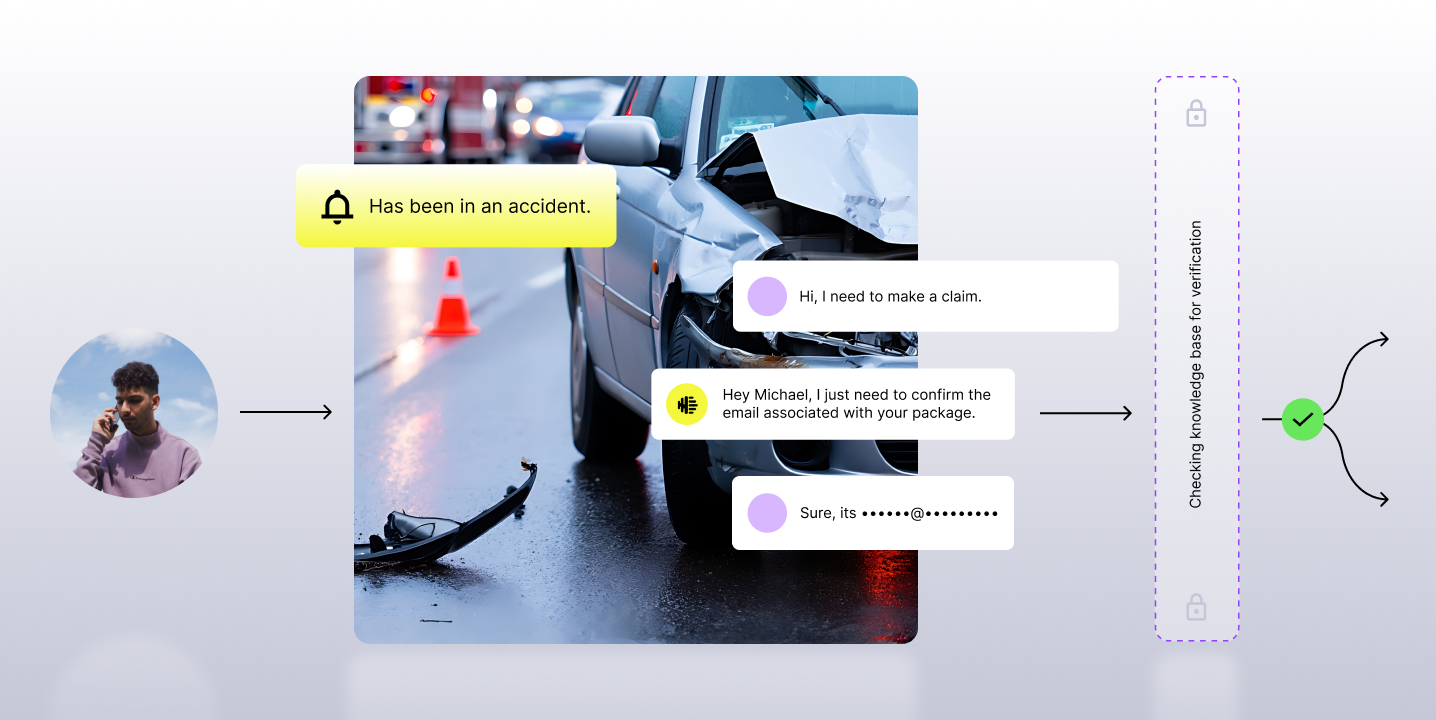Employees, too, are increasingly tech-savvy and seek a work environment that invests in employee growth and empowers them to utilize their skills to the fullest potential. These changing dynamics put immense pressure on global contact center leaders to adapt to these new expectations. For many who have risen through the ranks, this is not just a challenge, but an opportunity to make a tremendous impact and leave a long-lasting legacy by embracing new technologies that will empower their organization to achieve their goals.
The Efficiency Killers: How Outdated Tech & Processes Hinder Success
Legacy systems and a lack of investment in advanced digital technologies can be traced to some inefficiencies in today's contact centers. According to a study by McKinsey, 80% of respondents attribute in-line or lower-than-expected performance to limited or low digital integrations. On the other hand, more than half of respondents with better-than-expected operational performance also had high levels of digital integrations. One of these critical technologies that can bring relief from these inefficiencies is conversation intelligence.
Let's explore five specific areas to understand the current challenges and how leveraging conversation intelligence can drive a positive impact.
- Overhead costs: High labor costs, legacy technology maintenance costs, manual processes, and fines related to regulations and data protection drive the costs up. To curb labor costs, representing as much as 95% of contact center costs, organizations can leverage conversation intelligence to automate interactions to support increased conversation volumes without scaling their staff and ensure that the existing team is not overloaded. Additionally, conversation intelligence can safeguard personal data—a concern for 64% of customers interacting with contact center agents.
- Customer satisfaction: Long conversation times, robotic interactions, incorrect customer details, and a lack of personalization can significantly impact customer satisfaction and retention. Conversation intelligence can help contact centers deliver a consistent, personalized, accurate, and “authentic” service, resulting in stronger sentiment and loyalty.
- Visibility into customer data: Legacy systems often operate in silos, hindering access to a complete customer view. This lack of visibility makes it difficult to understand customer needs and tailor service accordingly. This is especially evident in transitions between self-assisted to customer-assisted service, where 62% of customers experienced the transition as a “high effort.” Conversation intelligence (CI) platforms can analyze customer interactions across channels, providing valuable insights into sentiment, buying behavior, and pain points. This empowers agents to deliver proactive service that reduces average handling times (AHT) and fosters customer relationships.
- Employee satisfaction: Employee retention remains a significant challenge for the contact center industry. The lack of training paired with high-pressure, negative customer interactions can leave an employee feeling unsupported and stressed. Disengaged employees may further impact service quality. Investing in conversation intelligence eliminates some of the leading factors of employee dissatisfaction. Empowering the team with instant access to information to learn on the fly and AI-guided agent assistance to resolve customer issues increases morale and retention.
- Resource allocation: Adapting to constant demand changes in today’s dynamic environment is difficult. Scaling the team, especially during an unexpected surge, is unrealistic. That’s why the best contact centers invest in technology and process optimization to support growth and create a competitive advantage. This mix of people, technology, and processes ensures the contact center can handle seasonal fluctuations, adapt to market conditions, and meet customer expectations.
Boosting Efficiency: The Power of Technological Transformation
The good news is that these challenges can be overcome through a strategic, technology-driven approach. By adopting cloud-based, AI-powered conversation intelligence, contact centers can streamline operations, empower employees, and deliver exceptional customer service. This translates to improved efficiency, reduced costs, and a significant boost to the bottom line.
The Future Belongs to the Evolved
In today's rapidly evolving marketplace, contact centers must adapt or risk falling behind. The competition already leverages cutting-edge technology to elevate customer experiences and optimize operations. The need for change is urgent. Don't get left behind. Download our complimentary eBook, "4 Strategies to Implementing AI in Contact Centers," and discover how to transform your center into a powerhouse of efficiency and customer satisfaction.

















